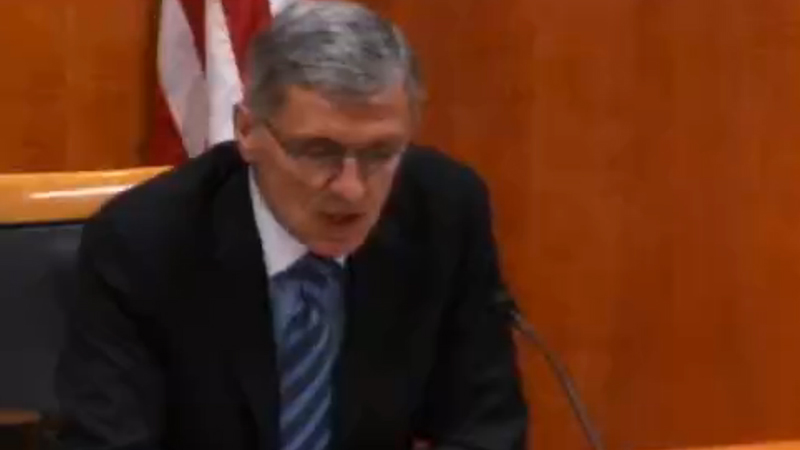It’s that time again! Internet company Akamai keeps a sharp eye on the state of broadband at home and abroad, and delivers a quarterly report lining up just how we’re doing. But despite a whole huge pile of brand new data, the story remains the same: the U.S. still has a lot of catching up to do if we want to consider ourselves among the global broadband elite. [More]
broadband
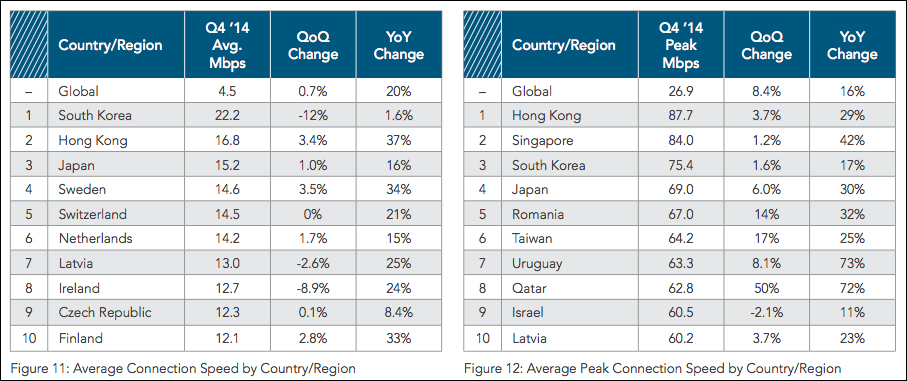
Virginia’s Got The Fastest Broadband In The U.S., But South Korea’s Still The Speed Fiend’s Place To Be
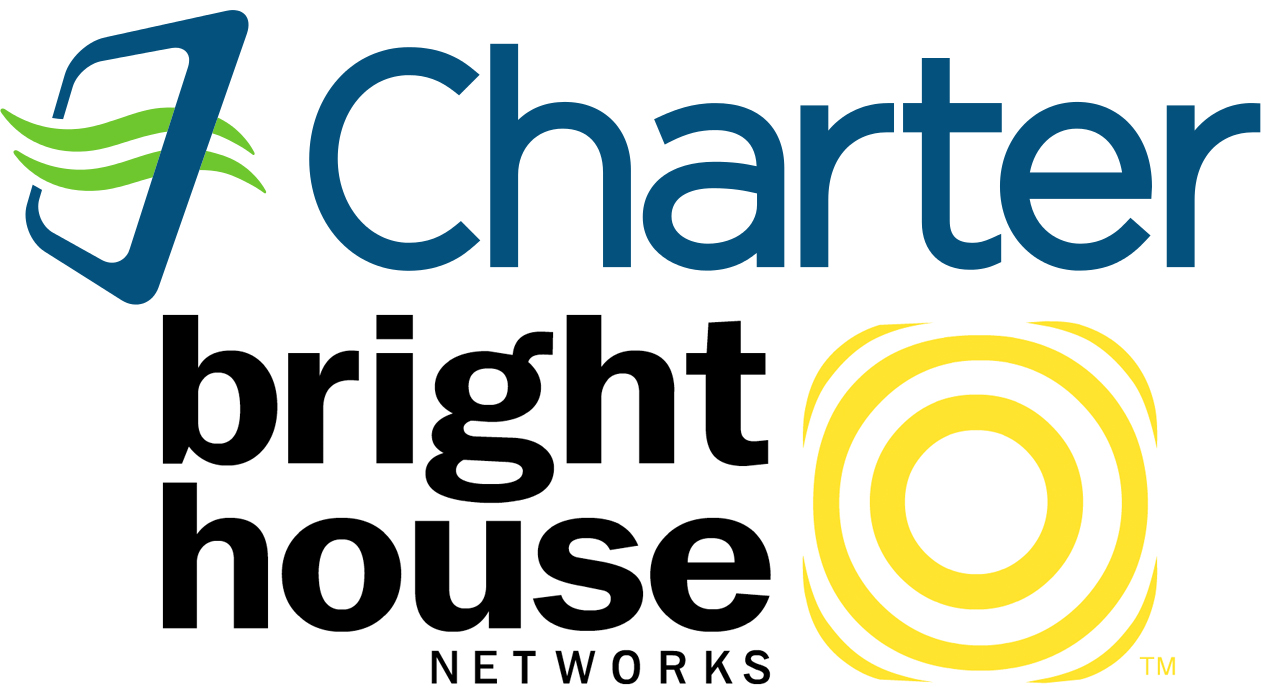
Charter Digs This Whole Cable Merger Thing, Plans To Buy Bright House For $10.4B
In cable, merger mania isn’t just for the biggest players. The next tier down wants to play, too. And so we have the announcement this morning that Charter is planning to buy regional operator Bright House Networks for a cool $10.4 billion. [More]
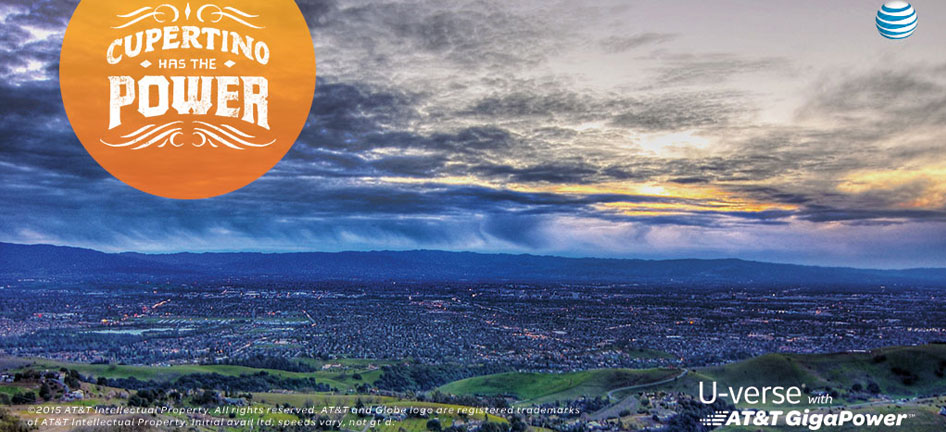
AT&T Charges $40/Month More For Fiber Internet If Google Isn’t In Your Town Yet
Only weeks ago, AT&T announced gigabit fiber broadband service in Kansas City for $70/month. Granted, customers have to give up their right to privacy to get that rate, but at least it’s the same price being charged by Google Fiber, which also happens to operate in KC. But when it comes to AT&T’s impending gigabit offering in Cupertino — the land of Apple — that $70/month rate is nowhere to be found; probably because Google Fiber is not around. [More]
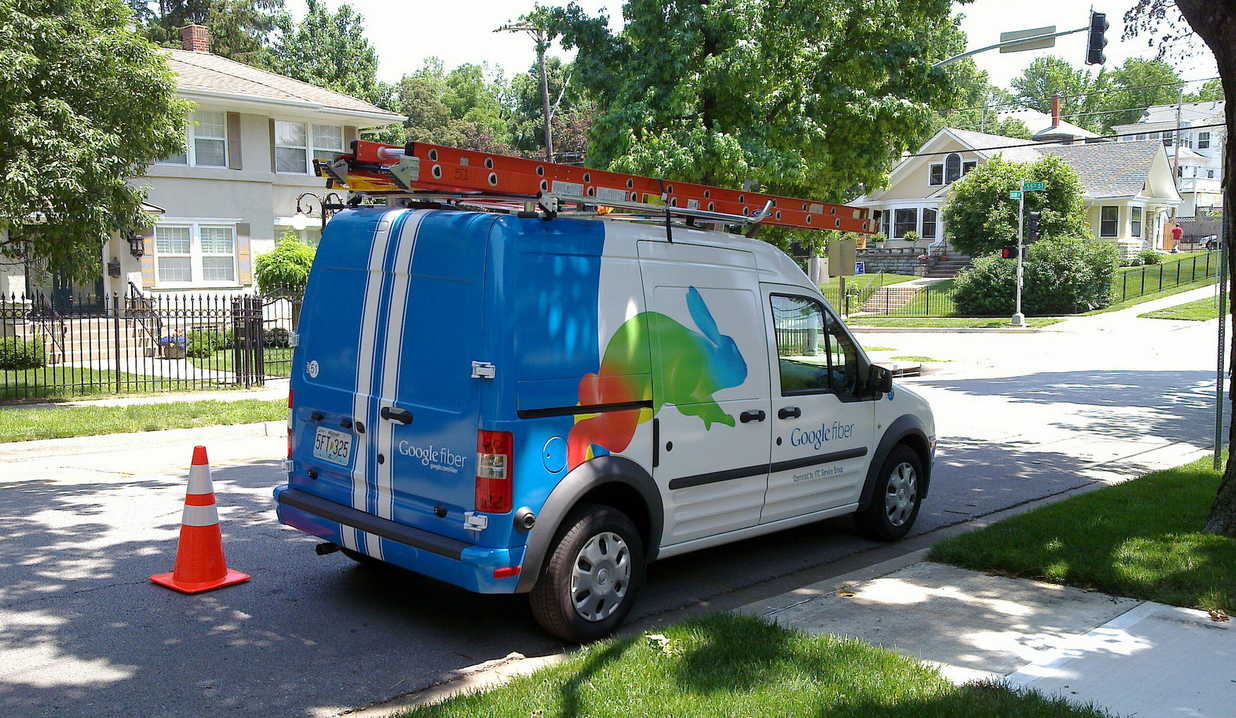
Google Fiber To Expand More, Adds Salt Lake City To List Of Lucky Locales
Google said earlier this year that the FCC’s net neutrality rule wouldn’t stop them from investing more in Google Fiber, and it looks like they really meant it. The service is now slated to expand to yet another location: Salt Lake City. [More]
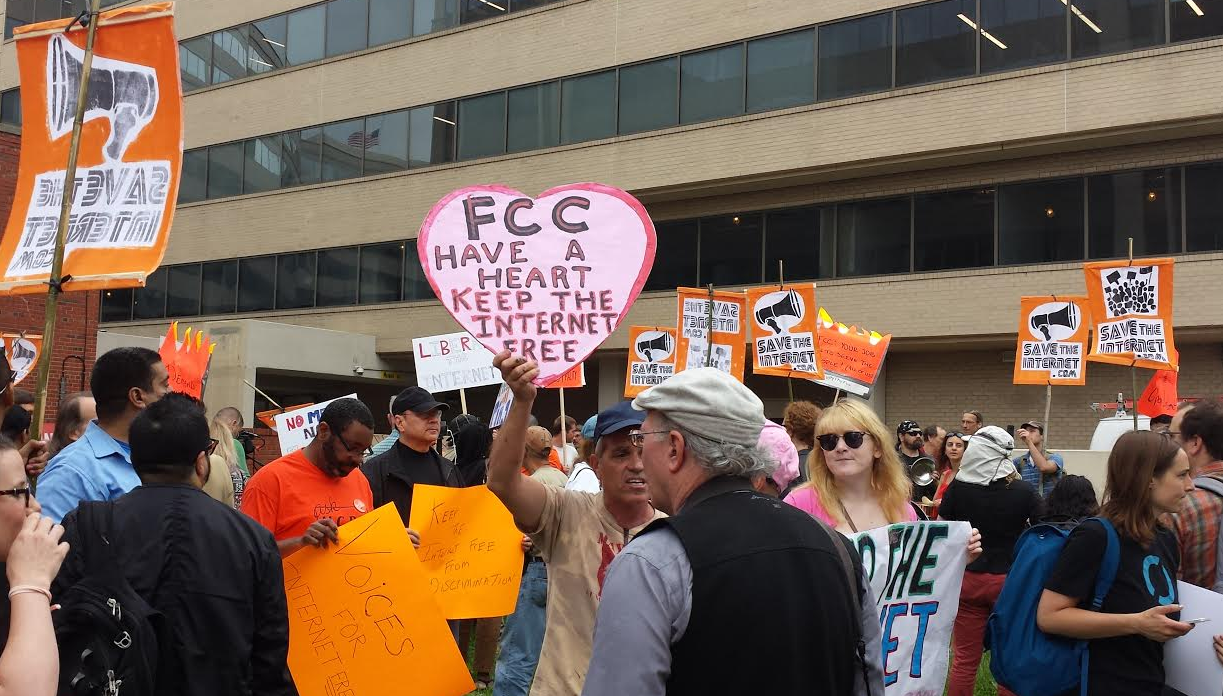
No Surprise Here. Telecom Industry Sues To Block Net Neutrality Rules
A little more than a week after the FCC released the full text of its recently passed Open Internet (aka net neutrality) rule, the telecom industry has done exactly what you’d expect, by filing lawsuits to block the Commission from enforcing the order. [More]

State Lawmaker Says Cable Company Blocking Broadband Legislation
While we all know that companies don’t spend piles of cash on campaign contributions and lobbying just to support candidates they believe in, it’s rare to hear an in-office politician openly calling out his colleagues for bending to the will of a corporate backer. [More]
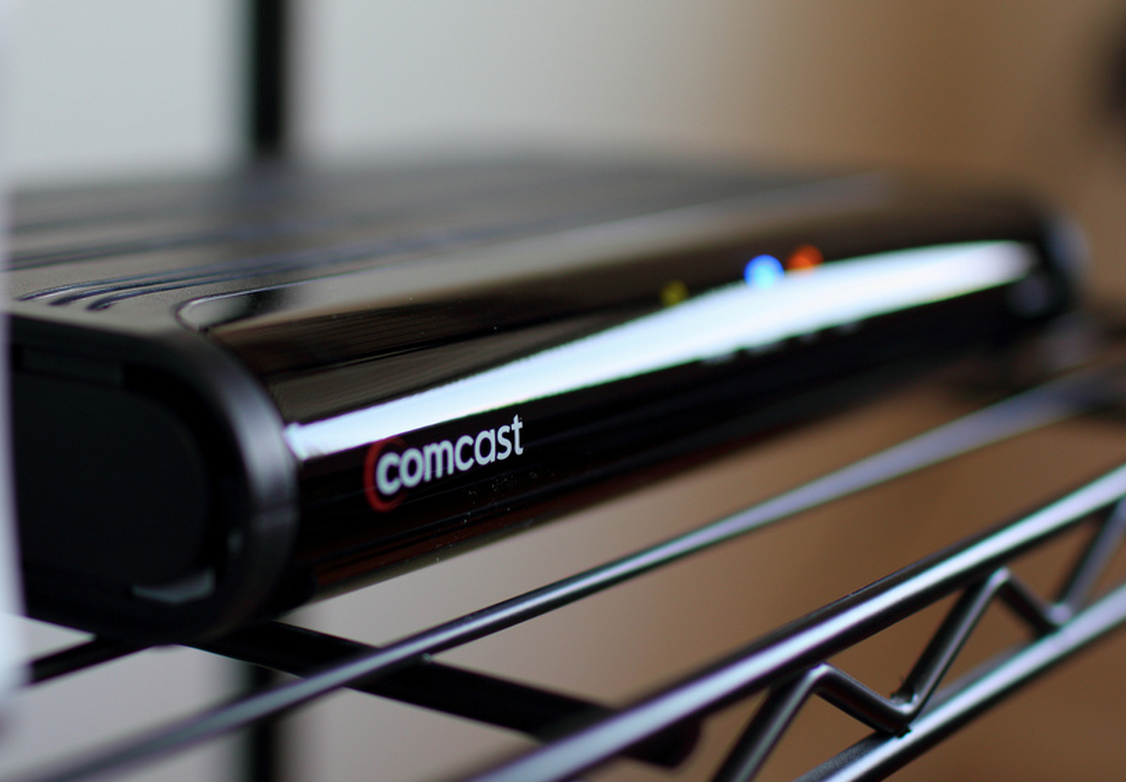
Comcast Rep Lies, Tells Customer That Data Cap Is “Mandated By Law”
For nearly three years, Comcast has been trying out data caps — sorry, “data thresholds” — in certain markets around the country where customers who reach a certain monthly usage amount are given the option of buying additional data at an outrageous price. Aside from pure greed on the behalf of Internet service providers, there is no need for most data caps, but one Comcast rep is telling customers that they are required by law. [More]
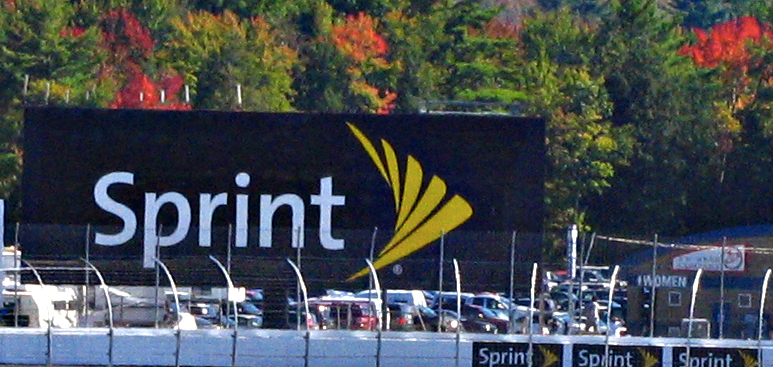
Sprint Says Net Neutrality Won’t Stop Verizon, AT&T From Investing
Mouthpieces for the wireless industry would have you believe that the FCC’s pending net neutrality rules — which would reclassify both terrestrial and wireless broadband as a utility — will cripple investment and plunge us into an era where we carry around mammoth brick cellphones like Zack Morris. So why is Sprint telling everyone a completely different story? [More]

Wireless & Cable Industries Fight Net Neutrality With Laughably Misleading Op-Eds & Video
Yesterday, FCC Chair Tom Wheeler confirmed that he intends to have the Commission reclassify broadband as the vital piece of telecommunications infrastructure that it is, which has resulted in immediate backlash from the wireless and cable industry and the handful of astroturfed “advocacy” organizations they support. [More]

Cable Industry Asks FCC To Continue Using Outdated “Broadband” Definition
Currently, a 4Mbps broadband connection — barely enough to stream a single HD movie and insufficient for accessing higher-definition content or for homes with multiple simultaneous data-heavy uses — is considered “broadband” in the eyes of the Federal Communications Commission, though that should change with the FCC’s plan to redefine broadband as the significantly faster 25Mbps, which would acknowledge both the recent improvements in broadband delivery and consumers’ increased use of web-connected devices. And yet the cable industry is fighting to retain the already outdated 4Mbps standard for broadband. [More]
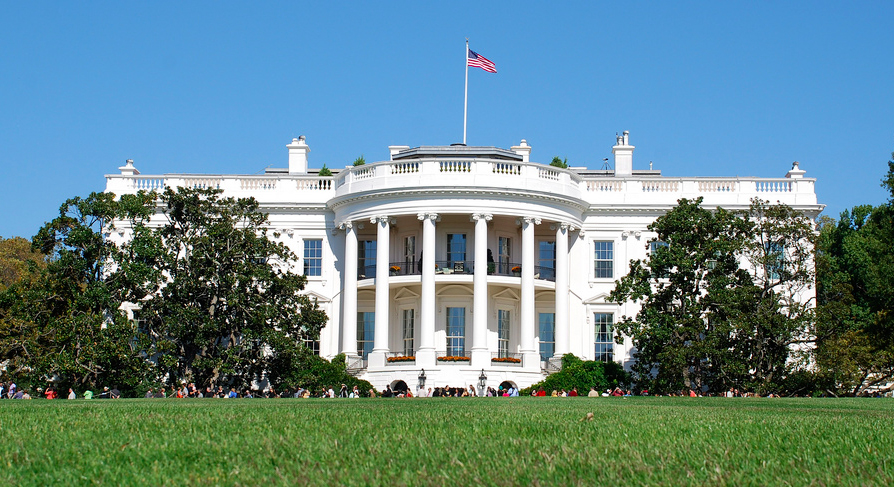
White House Calls For More Municipal Broadband Networks, Urges FCC To Override State Laws Blocking Them
The White House is on a tear with major internet issues this winter. After two other speeches this week in which the President called for stronger consumer data protections and stronger cybersecurity laws, today President Obama will deliver remarks in Iowa singing the praises of municipal broadband and asking the FCC to do away with the laws that block them. [More]
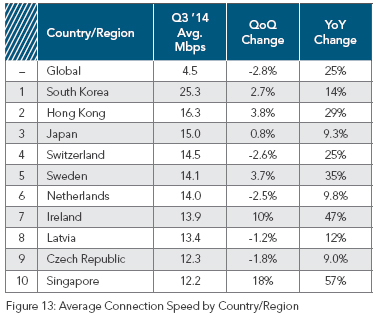
U.S. Internet Speeds Are Getting Better, But Still Lag Behind Global Elite
Internet company Akamai keeps its pulse on the state of broadband at home and worldwide, and they update their state of the Internet reports every quarter. The latest report has great news for Americans in a handful of states… but it also shows how far, still, the nation has to go on broadband infrastructure before catching up to our international peers. [More]
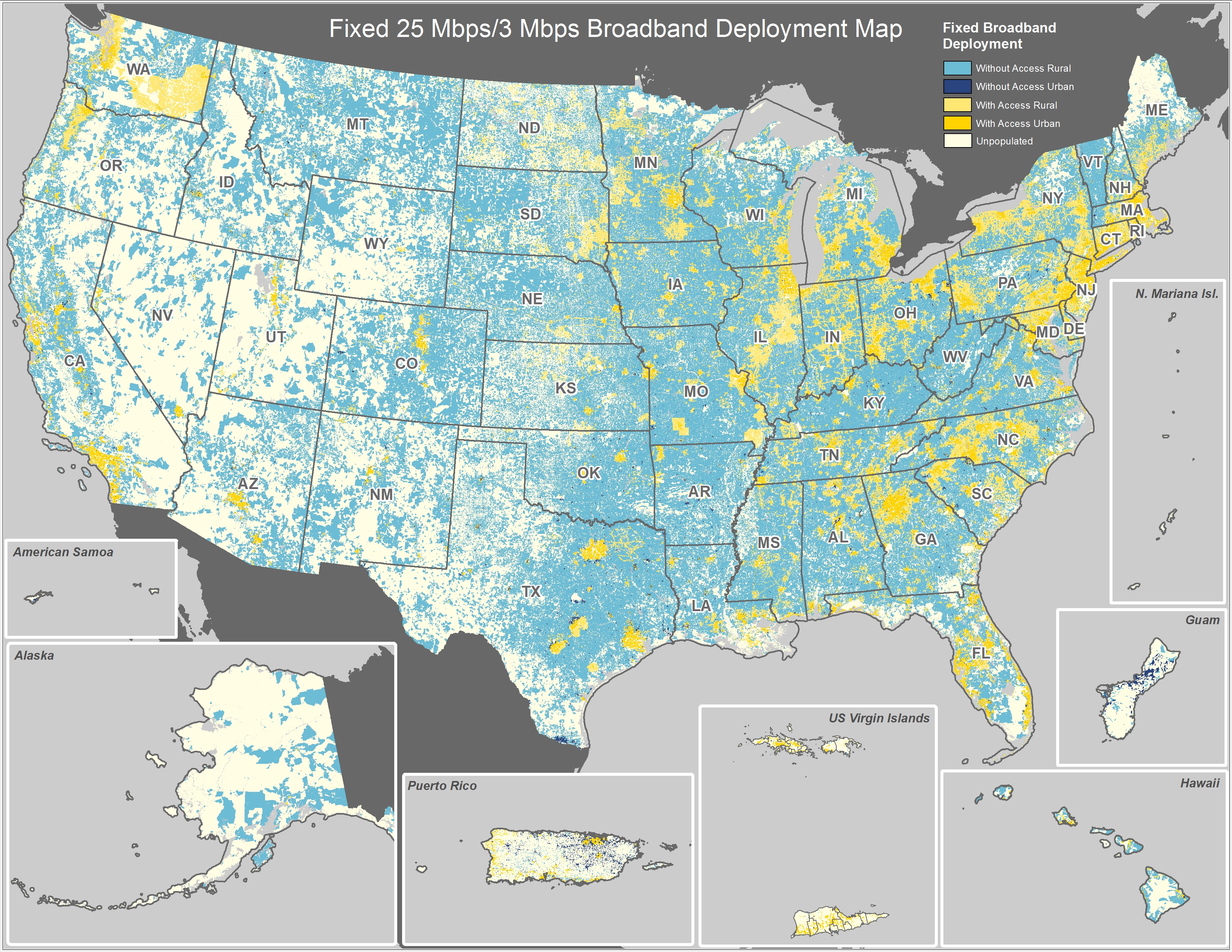
FCC To Redefine “Broadband” As 25 Mbps Or Faster
Rumors have been floating around for at least six months that the FCC might change the definition of “broadband” actually to mean the real high-speed connections we need access to in the real world — and now it looks like they finally are. [More]

46 Connecticut Towns Sign On To Plan For Massive Municipal Broadband Project
Connecticut might be a small state, but they’re poised to make a large leap into the 21st century internet. Local officials have announced they’re joining together on a plan to create at least 46 local municipal gigabit fiber networks in the state — an enormous jump from their current number of zero. [More]

Calling BS On ISPs’ Claims That Reclassifying Broadband Will Hurt Investment
Yesterday, President Obama came out in favor of reclassifying broadband as a telecommunications infrastructure, meaning that the FCC could regulate it in the same ways it regulates landline telephone service. Immediately, cable companies began shouting that such regulation would cripple investment in broadband. Alas, this is just pure nonsense intended to instill fear and raise the hackles of those who bristle at any form of government regulation. [More]

Study: Broadband Still Slower, More Expensive In U.S. Than In Europe, Asia
American consumers have gotten a mixed bag of broadband news this year. Between mergers and net neutrality it’s been a rough twelve months, even while some consumers have seen better connections and dropping prices. But the news for most of us is the same as ever: on the whole, Americans pay more, for worse broadband service, than our peers in the rest of the world. [More]
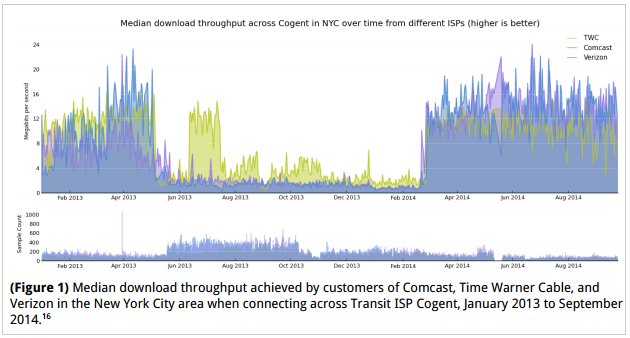
Study Finds Internet Congestion Really Is About Business, Not Technology
Various enormous corporations have this year been at each other’s throats over how well or how poorly internet traffic travels through their systems. A new report indicates that some of the mud-slinging this year is true: interconnection, or peering, between ISPs is why end-users are getting terrible internet traffic. But, they say, it’s business, and not technology, that’s making your Netflix buffer. [More]


